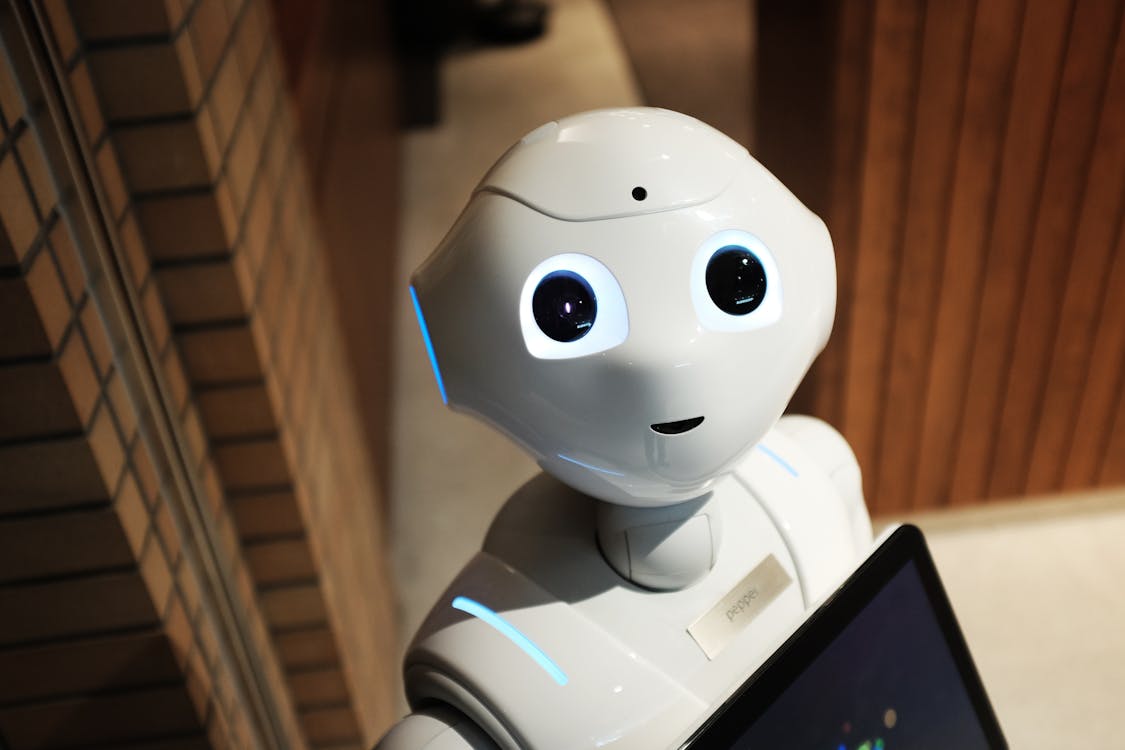
Artificial Intelligence (AI) is rapidly transforming the software development landscape, revolutionizing how we build, test, and maintain applications. As we move further into the digital age, AI's role in software development continues to expand, offering new possibilities and challenges for developers and businesses alike.
AI-Powered Development Tools
One of the most significant impacts of AI on software development is the emergence of AI-powered development tools. These tools can assist developers in various ways:
- Code Completion and Generation: AI systems like GitHub Copilot can suggest code snippets, complete functions, and even generate entire blocks of code based on natural language descriptions.
- Bug Detection and Fixing: AI algorithms can analyze code to identify potential bugs, security vulnerabilities, and performance issues before they make it to production.
- Automated Testing: AI can generate test cases, identify edge cases that human testers might miss, and adapt testing strategies based on previous results.
These tools not only increase developer productivity but also help maintain code quality and reduce the time spent on repetitive tasks.
AI in Software Architecture and Design
AI is also making inroads into software architecture and design:
- Automated Design Patterns: AI can suggest appropriate design patterns based on project requirements and constraints.
- Optimization: AI algorithms can analyze system performance and suggest architectural improvements.
- Scalability Planning: AI can predict future usage patterns and help design systems that can scale efficiently.
The Rise of Low-Code and No-Code Platforms
AI-powered low-code and no-code platforms are democratizing software development, allowing non-developers to create applications:
- Visual Development: These platforms use AI to translate visual designs into functional code.
- Natural Language Processing: Some platforms can convert natural language descriptions into working applications.
- Automated Integration: AI helps connect different systems and data sources with minimal manual configuration.
Challenges and Considerations
Despite its benefits, the integration of AI into software development presents several challenges:
- Quality Control: AI-generated code may not always follow best practices or may introduce subtle bugs.
- Intellectual Property: Questions about ownership of AI-generated code remain unresolved.
- Developer Skills: As AI takes over routine coding tasks, developers will need to focus more on problem-solving, architecture, and working with AI tools.
- Ethical Considerations: Bias in AI systems can propagate into the software they help create.
The Future Landscape
Looking ahead, we can expect AI to become an integral part of the software development lifecycle:
- AI Pair Programmers: Advanced AI systems will work alongside developers as collaborative partners.
- Autonomous Development: For certain types of applications, AI might handle the entire development process with minimal human oversight.
- Continuous Evolution: AI will enable software to adapt and evolve based on usage patterns and changing requirements.
Conclusion
AI is not replacing human developers but rather augmenting their capabilities. By automating routine tasks, AI allows developers to focus on more creative and complex aspects of software development. Organizations that effectively integrate AI into their development processes will likely see significant improvements in productivity, quality, and innovation.
As AI technology continues to advance, the synergy between human creativity and machine efficiency will define the future of software development. Developers who embrace AI as a powerful tool in their arsenal will be well-positioned to thrive in this evolving landscape.
About the Author
John Smith
Chief Technology Officer
An experienced technology professional with expertise in software development, digital transformation, and emerging technologies.
Related Articles

5 ERP Implementation Strategies for Success
May 15, 2023

Mobile App Development Trends for 2023
June 8, 2023
